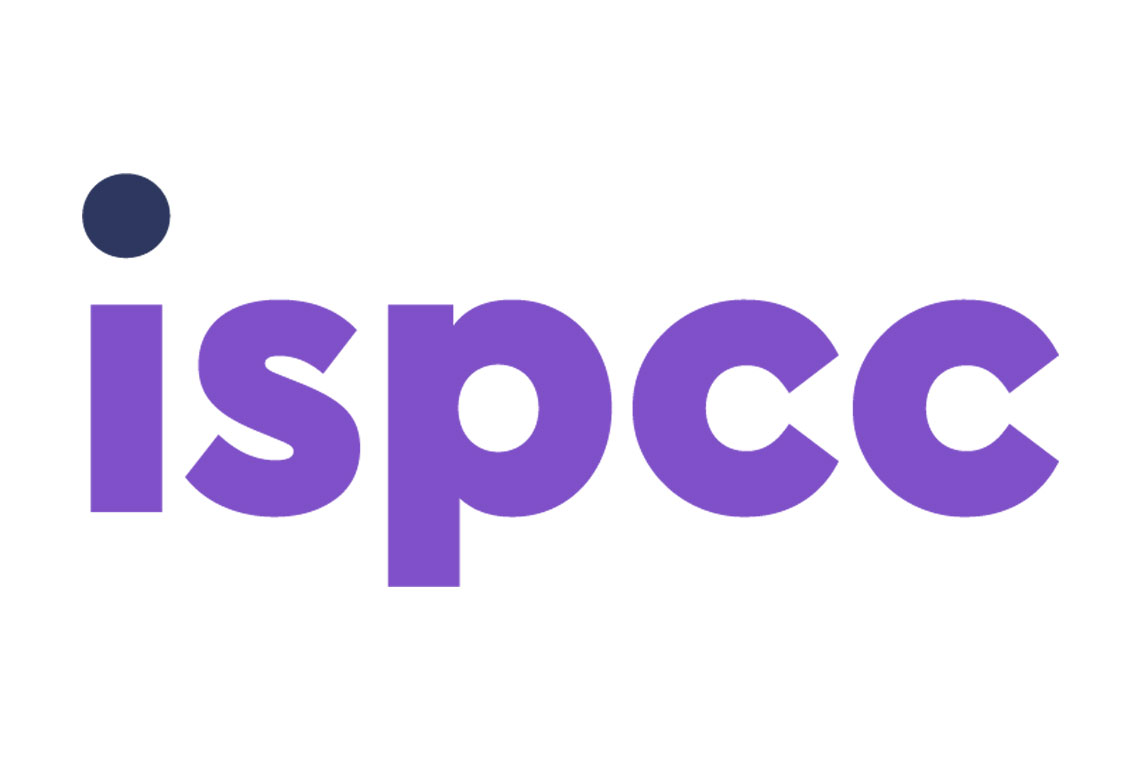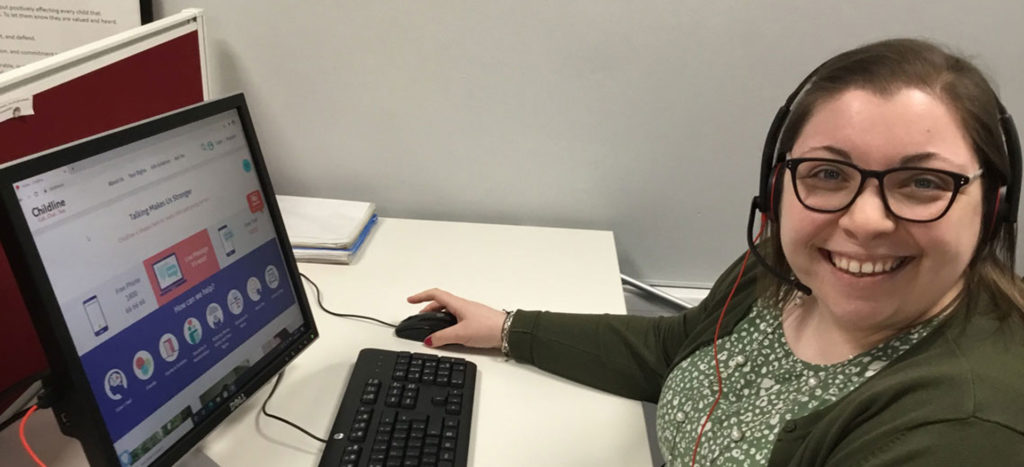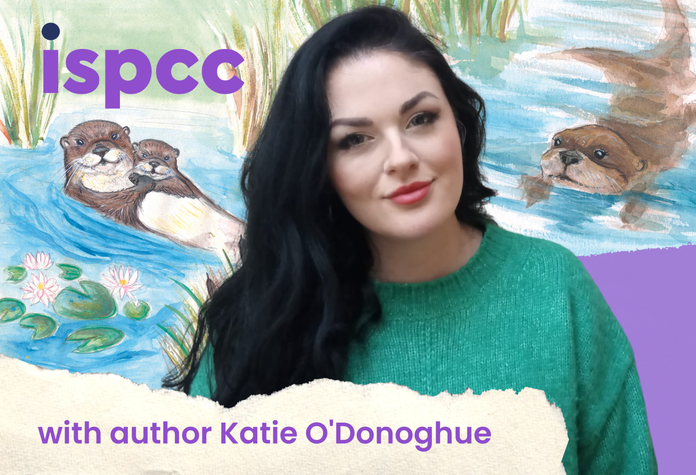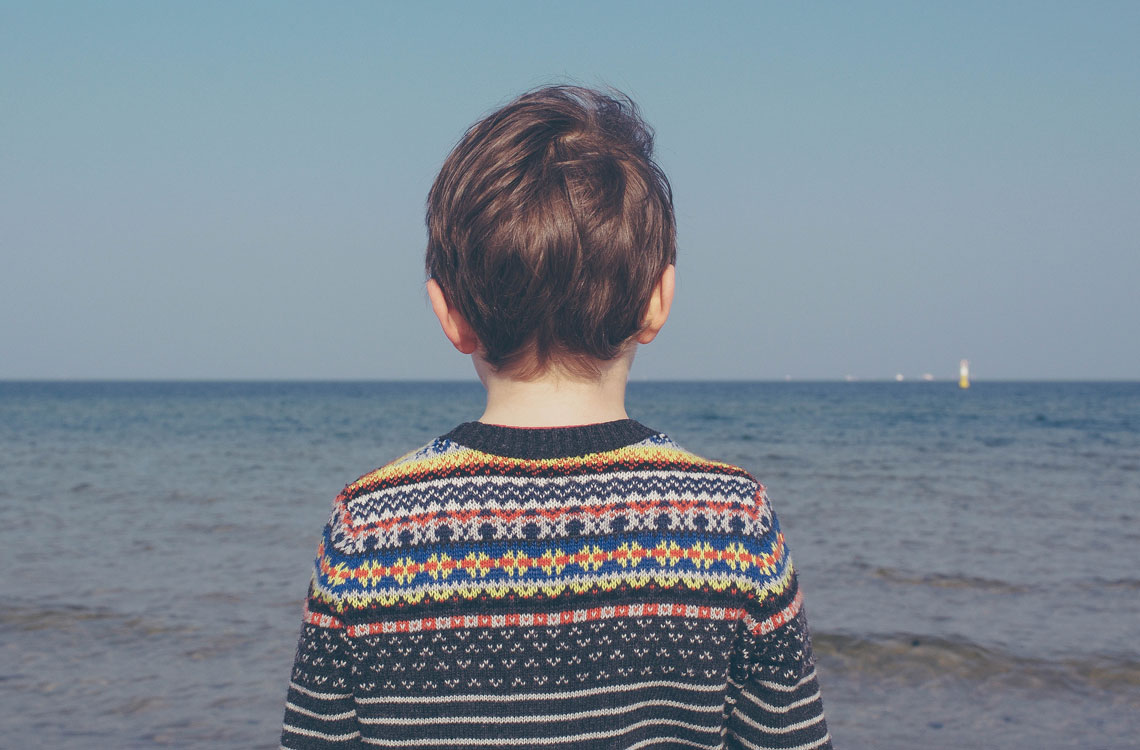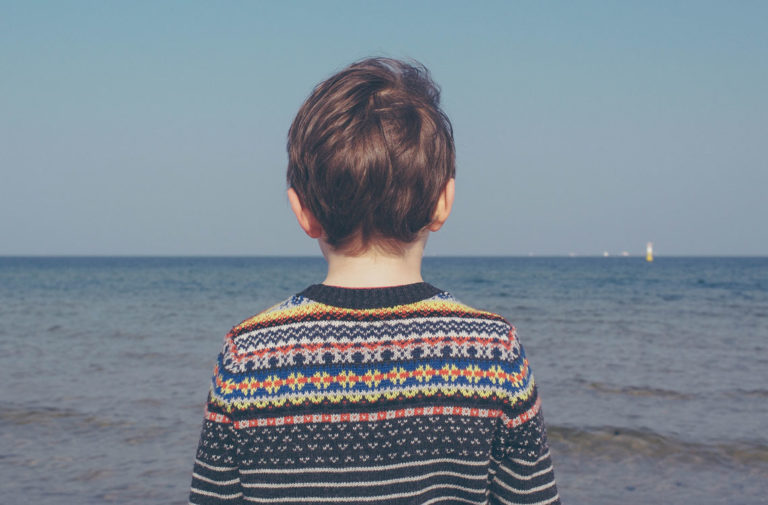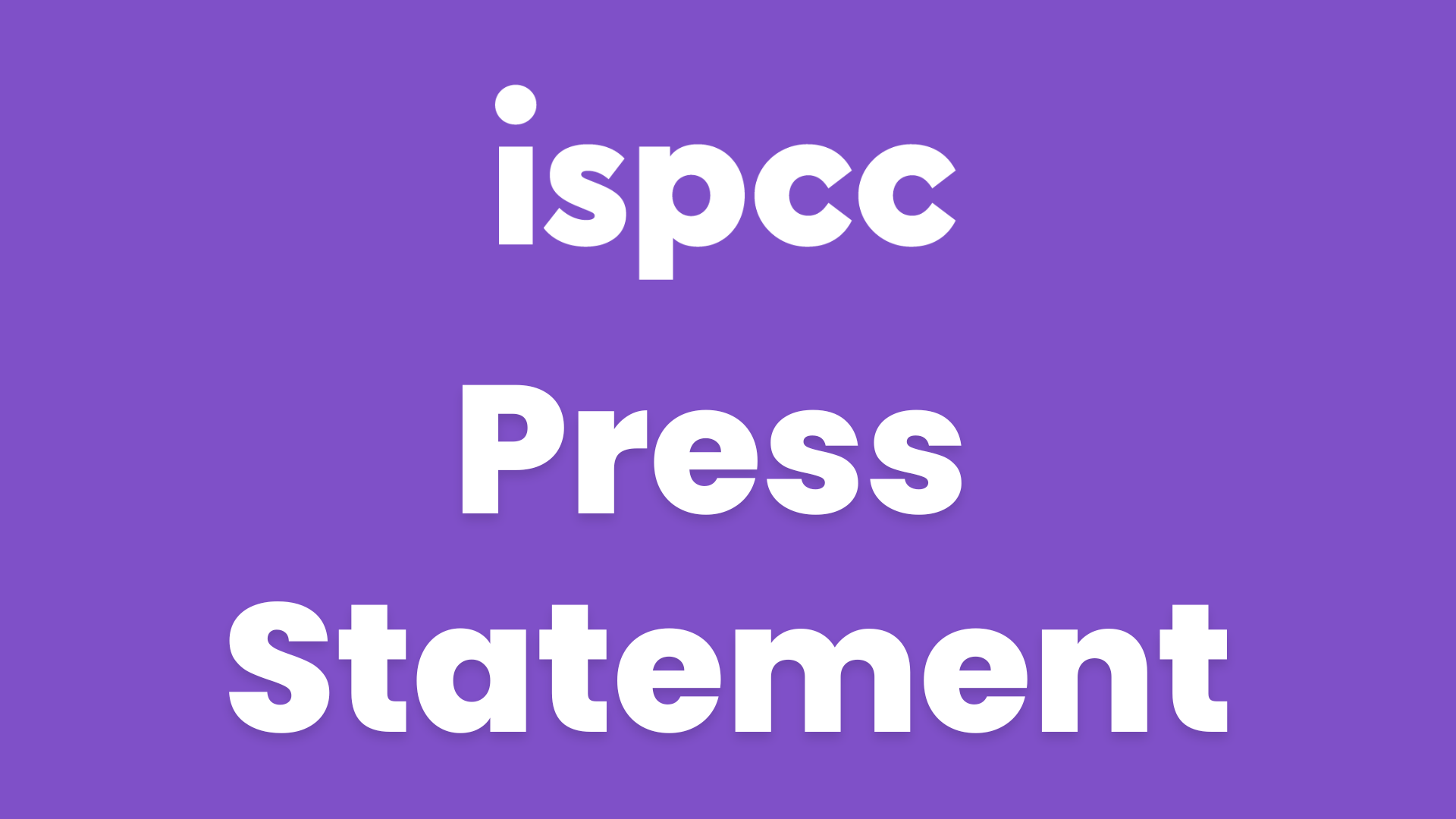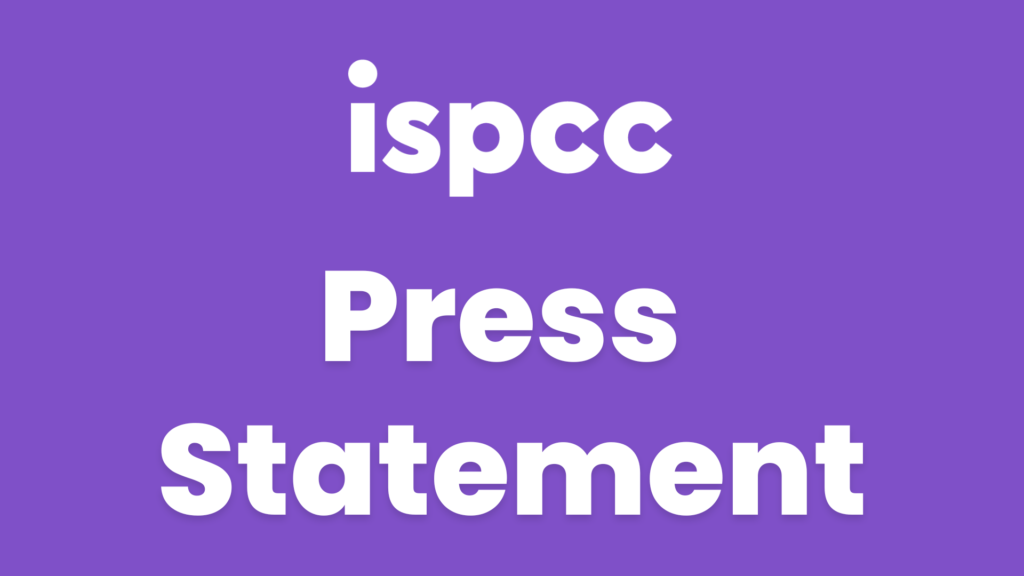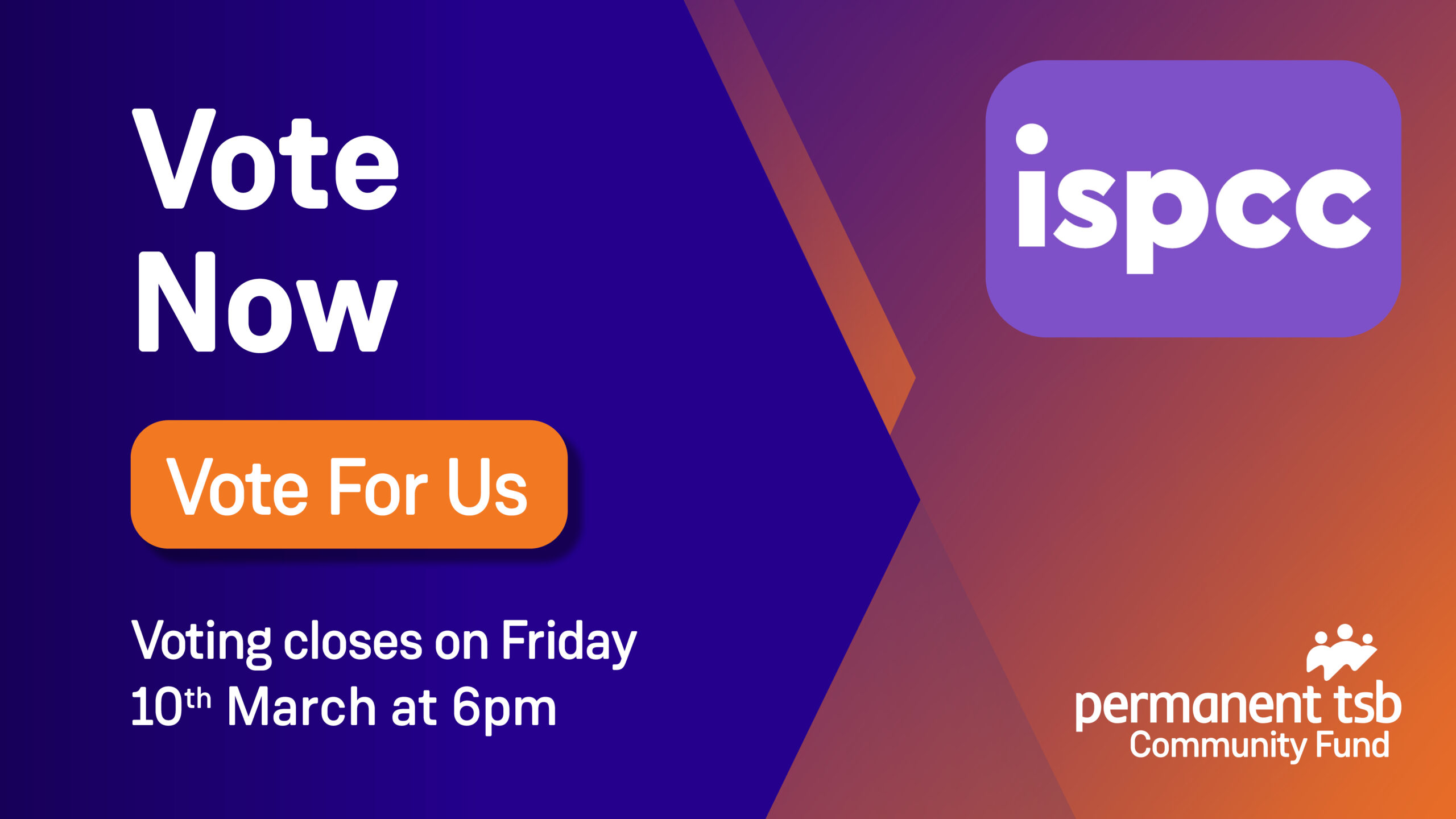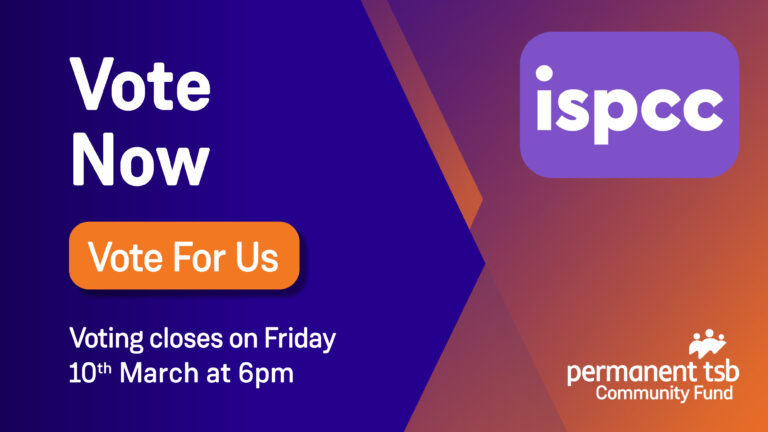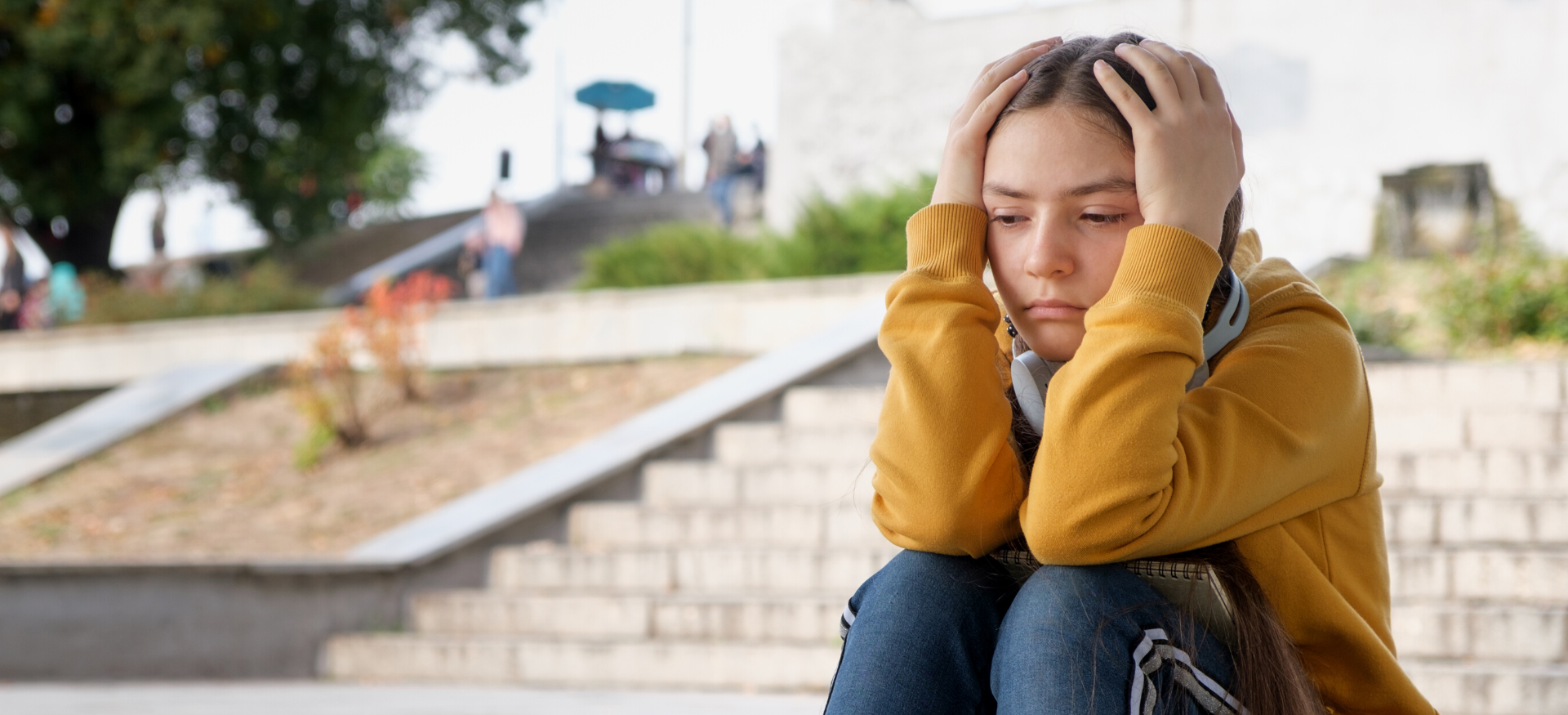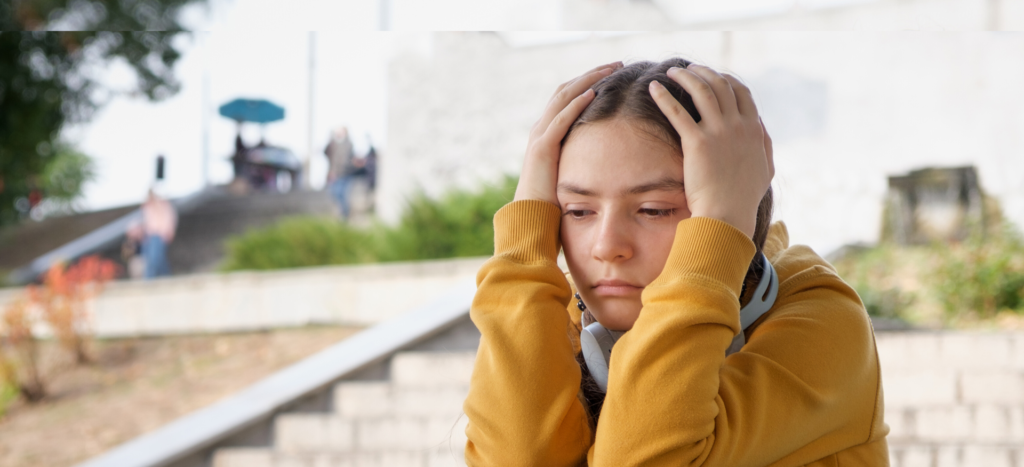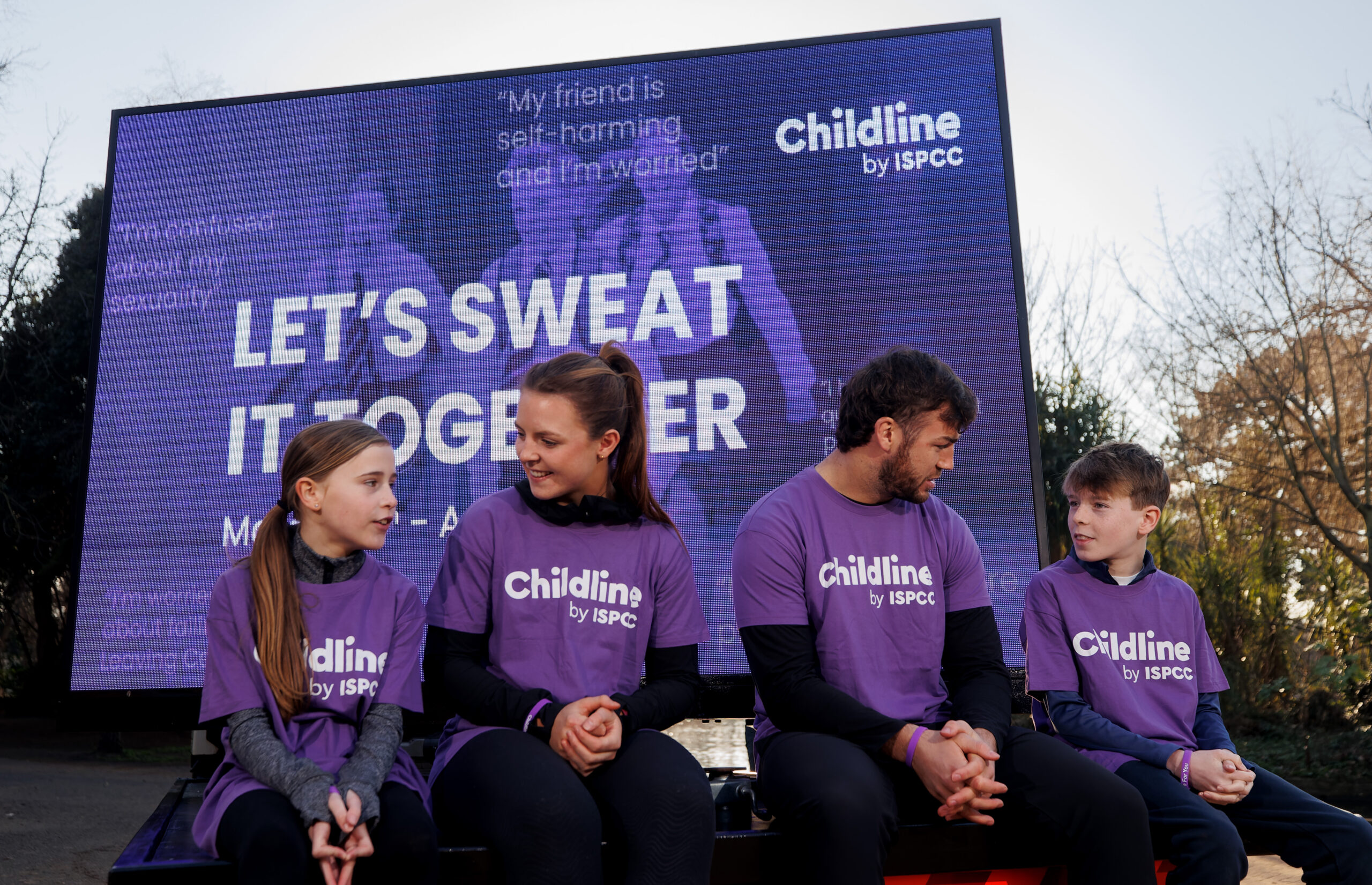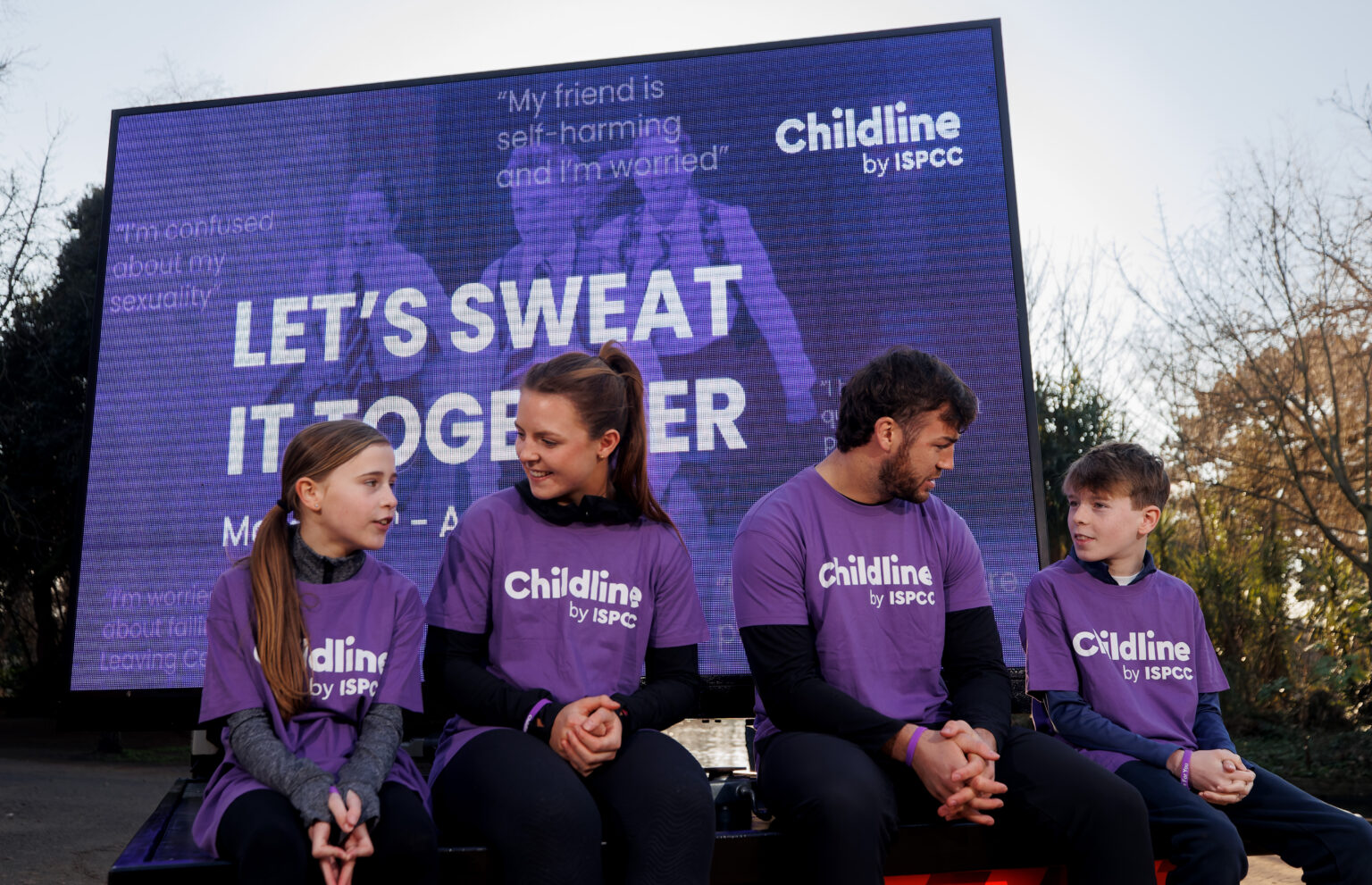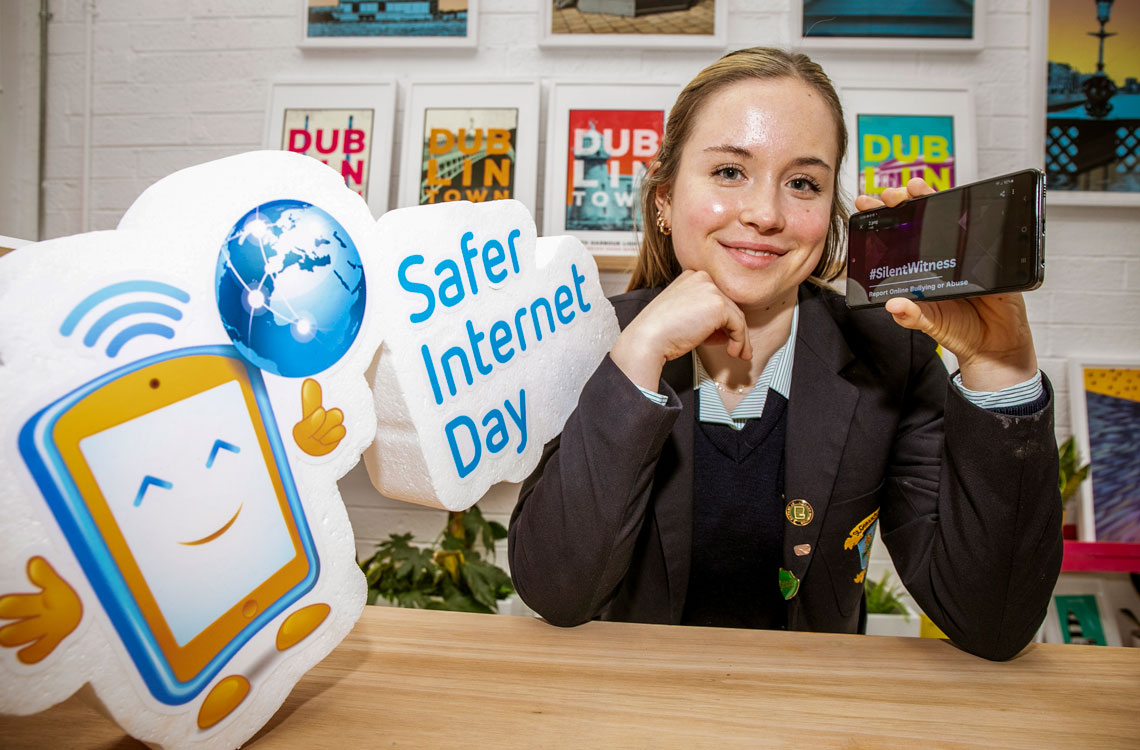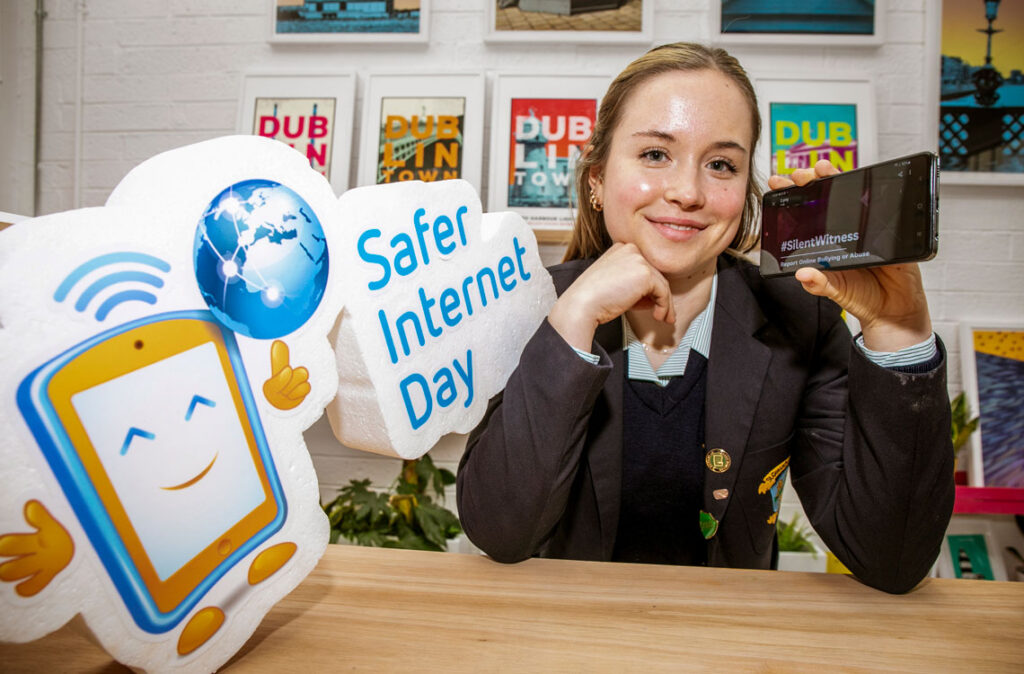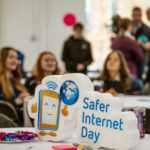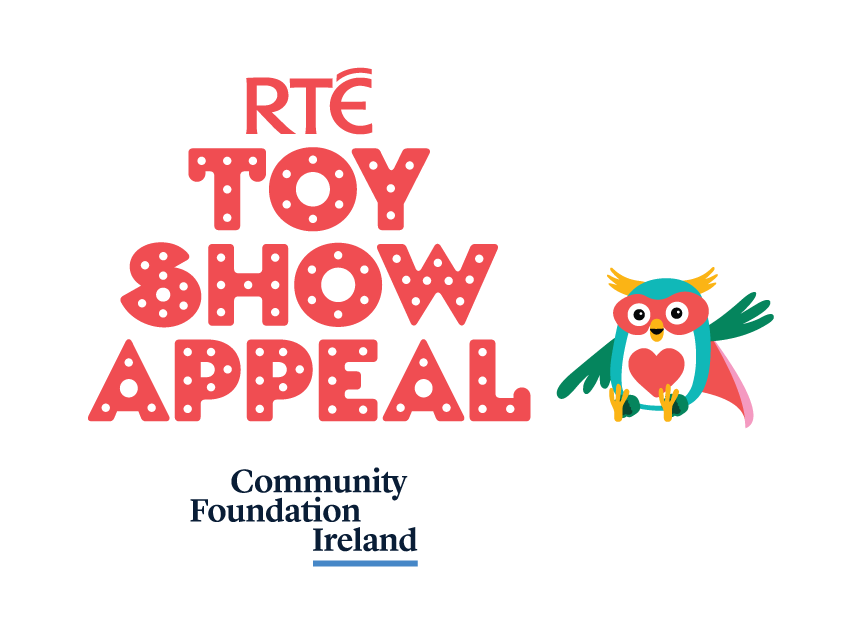
ISPCC is delighted to announced that it has been awarded €50,000 from the RTE Toy Show Appeal grants for 2023 by Community Foundation Ireland.
The charity, which operates the Childline suite of services, is honoured to be among the 147 registered children’s charities and community groups across the island of Ireland chosen to share the incredible amount of money raised.
Each year, the Late Late Toy Show raises money to help children in need and last November viewers helped to raise almost €4 million to help improve the quality of children’s lives.
This is the second consecutive year that ISPCC has received this grant and this year’s funding will be dedicated to our Childline Digital Support service. Our Digital Mental Health and Wellbeing supports, available nationwide. are aimed at anxiety management for young people, and their parents/carers. They empower those experiencing low to moderate anxiety, acting as an early intervention strategy that addresses wellbeing challenges before they escalate.
The free online programmes include interactive tools, activities, mood monitors and journals to encourage users to apply Cognitive Behavioural Therapy to their own lives. Throughout the duration of the early intervention programme, users will be supported by fully trained ISPCC volunteers.
John Church, ISPCC CEO, says “All of us at ISPCC want to say a huge thank you to everyone who donated to The Late Late Show. This incredibly generous donation will help us support children and young people suffering from anxiety. It is a topic frequently discussed by children who speak with Childline both online and on the phone. Our Digital Mental Health programmes are empowering for both children and their parents.”
ENDS
About RTE Toy Show Appeal
Inspired by children, the RTE Toy Show Appeal works to bring the magic of the Late Late Toy Show to every child in Ireland. By funding essential support, health, well-being, play and creativity we aim to change children’s lives for good.
The donations to the RTÉ Toy Show Appeal, are received and managed by registered charity, Community Foundation Ireland with whom we work in partnership. For more information about Community Foundation Ireland,
please see here: Community Foundation Ireland – For change. For better. For all.
The RTÉ Toy Show Appeal has raised over €17.5million for children’s charities across the island of Ireland to date.
